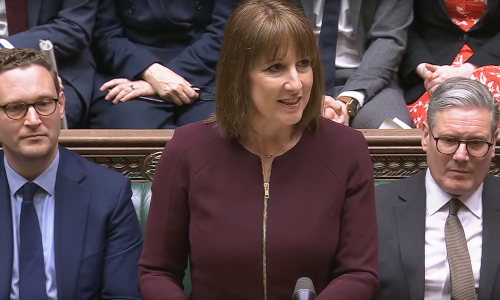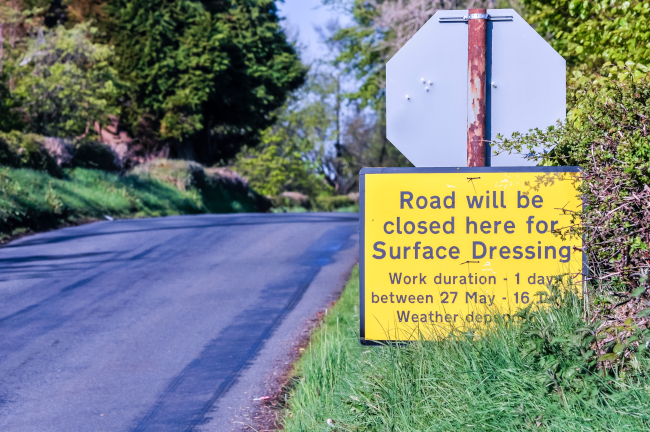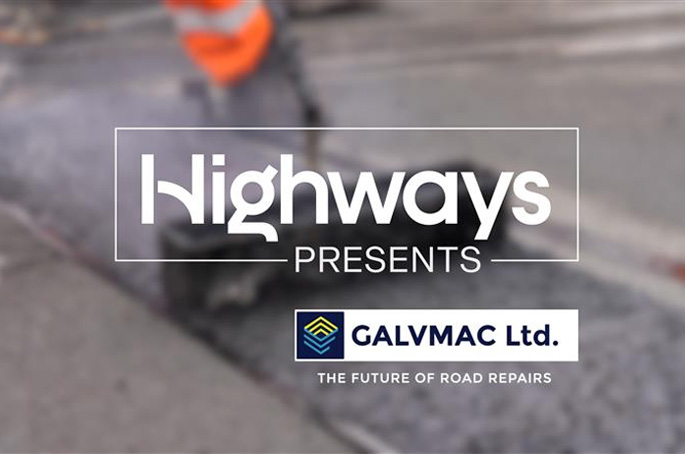A new report from the RAC Foundation outlines the public and private sector funding models needed to grow the connected vehicle services market and realise wider societal benefits.
It argues that while 'not all services have a clear, commercial revenue stream...this does not necessarily mean 100% public funding is needed', although government cash may be needed to 'unblock data flow and support deployment at scale'.
The study states: 'There is clearly far more scope to foster development of many more services to help achieve public policy outcomes on congestion, safety and environmental impacts if government nationally focuses urgently on five aspects:
- identifying those services where government is willing to pay in whole or in part for service delivery to achieve a public benefit
- digitalising data by accelerating the delivery of the NPP [National Parking Platform], DTRO [Digital Traffic Regulation Order] and Find Transport Data (previously the National Access Point) with dates by which highway authorities should be publishing data in these new forms
- generating more open data in readily accessible format
- driving down the cost of data to local highway authorities through more centralised purchasing,
- identifying data feeds where public processing for a public client could deliver rapid benefits, most clearly by using the eCall system to its full potential.
A key issue is that 'services that improve road safety or reduce emissions deliver a societal benefit that is hard to recoup from a direct charge to drivers, in the same way road signs are not funded by the people relying on them'.
Report author Andy Graham of White Willow Consulting identified six ways that services might be funded:
Publicly funded
1. The public purse continues to fund ‘pathfinder' projects but as larger-scale demonstrators to prompt development of commercial services or show the case for sustained public investment in a large-scale rollout,

2. The public purse funds, where only it can, those building blocks needed for enabling connected services to flourish. Examples include meeting the costs of opening up of public data (e.g. Digital Traffic Regulation Orders), scaling up the National Parking Platform (NPP) and rolling out the Find Transport Data service. A key task falling to government is the development and application of regulations, as has been the case for the Bus Open Data Service.
3. The public purse funds the development and delivery of services and data, such as GLOSA (green light optimal speed advisory) and IVS (in-vehicle signage) and other ‘digital road services', to secure a public benefit that is free at the point of use. This should only be where there is no other business case, i.e., there is a market failure.
Privately funded
4 The private sector develops and funds business-to-customer services, where the road user pays directly for the service and benefits directly from it, e.g., some satnav and parking services. These services can only be deployed where sufficient basic data becomes available in the public domain and customers see enough benefit to want to pay.
5 The private sector develops and funds business-to-business services through commercial add-ons to public services – for example, by bundling several data sources and services together to make them more attractive, so that end users pay indirectly, e.g., via advertising or added services that users can buy.
6 Private industry or institutions fund open data services philanthropically, possibly as part of their environmental, social and governance (ESG) activities, e.g., to support improved road safety such as Vodafone's Safer Transport for Europe Platform (STEP), or because they gain a non-financial benefit, e.g., Google Maps providing a free-to-use satnav service in exchange for users' location data.
Steve Gooding, director of the RAC Foundation, said: 'Few people would disagree that prevention is better than cure, yet whilst a great deal is known about those locations where fatal or serious crashes have already occurred the road safety world has long wanted to know more about the cause and locations of the near misses which could point to places where a serious crash is just waiting to happen in time to do something about it.
'Connected vehicles can change that. The possibilities thrown up by connected vehicles go far beyond road safety, but while many individual local authorities are exploring options it must be for government to take the lead nationally if we are ever to move beyond showcase pathfinder projects to widespread, or universal, application.
'Whilst many of the good ideas which warrant trialling may offer purely commercial opportunities, others are likely to require some public funding – if only as seed corn, or to resource key building blocks of a data architecture such as creating a comprehensive digital record of Traffic Regulation Orders that document things like speed limits.'
The study updates the previous RAC Foundation report Driven by Information, published in September 2020, with a new focus on funding and the challenge of matching who benefits with who pays.
In the report, ‘connected vehicles' are defined as any vehicle 'that can generate, transmit and receive/process data'.
































